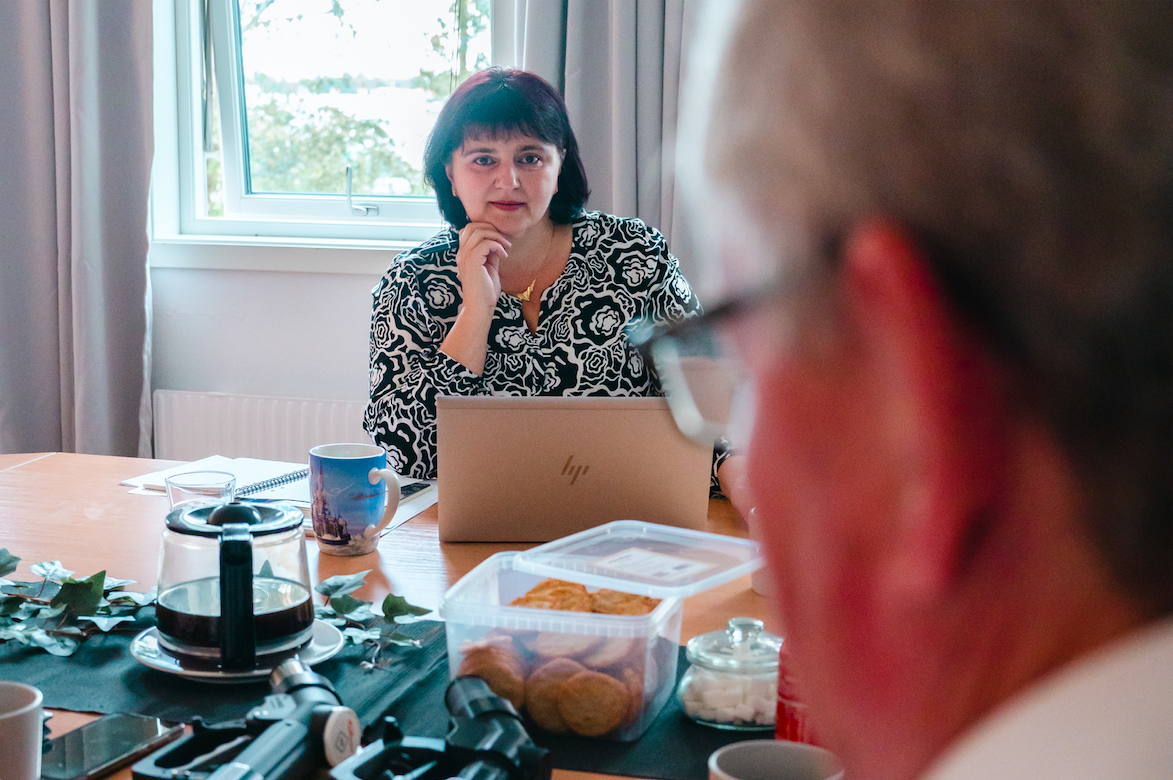Swedish Market Entry – insights from Edith M. Sundqvist, Chairman of the Board at Scandinavian Wall Group and Board Member & Head of Region Northern Sweden at the Swedish-Polish Chamber of Commerce.

Meet Edith M. Sundqvist, Chairman of the Board at Scandinavian Wall Group and CEO of Edkom Consulting, guiding SMEs on their journey to global expansion.
Edith is a dynamic business leader who has dedicated her career to helping companies grow beyond borders. With over 20 years of experience in international trade, venture capital, and strategic leadership, she knows what it takes to turn opportunities into sustainable business success. Her journey includes leadership in clean energy and innovation, from developing hydrogen infrastructure at Oazer to advancing electric mobility at Hybricon AB. Across every role, she has focused on one core mission: driving growth through strategy, collaboration, and sustainability.
For Edith, market entry is not just about numbers – it’s about partnerships, cultural understanding, and long-term vision.
CEO Tip: Blend global ambition with local adaptation – know the culture, rules, and business norms while showcasing your unique value.
Katarzyna Sarba: Edith, help our readers to understand the Swedish Market Landscape. What makes Sweden an attractive market for international businesses and investors? Could you specify key industries with high growth potential in Sweden?
Edith Sundqvist: Sweden is widely considered an appealing destination for international businesses and investors -and with good reason. Sweden combines stability, innovation, and sustainability. The strongest opportunities lie in IT- tech, green industry, life sciences, defense, and telecom. It consistently ranks as the most innovative country in the EU, supported by strong R&D investment and a vibrant startup culture. The business environment is efficient, transparent, with strong IP protections Sweden is a gateway to the broader Nordic markets offering excellent logistics, digital infrastructure, and connectivity to major global ekonomies.
Sweden’s GDP continues to grow, with forecasts pointing to a 2.6% rebound in 2026, reflecting strong fundamentals and adaptability. Inflation is stabilizing around 2%, providing a predictable environment for business and investment. Competitive corporate tax, strategic government investments, and supportive fiscal measures create an attractive climate for investors. All these factors position Sweden as a highly strategic and compelling market for investors and companies aiming to strengthen or expand their footprint in the Scandinavian region.
Katarzyna Sarba: Based on your extensive experience with venture capital acquisition and the fact that Sweden is very welcoming for startups (especially in IT and new technologies) – what are the key factors investors look for in a company entering the Swedish market? And how can international startups best position themselves to attract Swedish venture capital?
Edith Subdqvist: Startups succeed in Sweden when they combine innovative solutions, International market readiness, sustainability and strong local engagement. Positioning your startuo as both globally competent and locally attuned is key to attracting Swedish venture capital.
Here are some key factors:
- Strong product-market fit and scalability in the Nordic region.
- Experienced, complementary, and diverse team.
- Clear go-to-market strategy and growth plan and clear exit strategy
On September 22nd, I will join a distinguished panel at the Swedish-Polish Chamber of Commerce seminar in Stockholm, ‘From Startups to Unicorns – How to Scale Up’, where we’ll discuss strategies for startups to grow, attract investment, and succeed in the Nordic and European markets.” https://www.linkedin.com/company/sphk/posts/
Katarzyna Sarba: How to explaining this tech start-up bloom in Sweden? Does The Swedish government provide any incentives or relieves for technology start-ups?
Edith Subdqvist: Sweden’s tech startup boom is driven by a strong innovation ecosystem, highly skilled talent, government grants, active venture capital and accelerator support, and a focus on sustainability and ESG, making it an attractive market for growth and scaling.
- Sweden has a strong culture of innovation, high R&D spending, and globally recognized tech hubs (Stockholm, Gothenburg, Malmö, Umeå).
- Sweden has highly educated, multilingual workforce with expertise in IT, AI, fintech, and cleantech.
- Government Support as Grants, subsidies, and funding programs for R&D and innovation. Tax incentives, including favorable corporate taxes and reduced payroll taxes for new hires in startups and support from agencies like Business Sweden and Vinnova (Swedish Innovation Agency).
- Access to Capital: Active venture capital scene, startup accelerators, and incubators
Katarzyna Sarba: Let’s talk about Market Entry Strategies & Challenges when expanding to Sweden. Where to start?
Edith Subdqvist: Start with thorough market research to understand Swedish consumers, competitors, and regulations. Choose an entry mode – export, partnership, subsidiary, or joint venture. Consider legal, tax, and funding requirements. Hire local talent, adapt marketing to Swedish preferences, and emphasize sustainability. Be aware of high labor costs, strong regulations, and cultural nuances.
Katarzyna Sarba: What are the most effective ways for a foreign company to enter the Swedish market? (e.g., partnerships, acquisitions, local subsidiaries)?
What’s your one piece of advice for CEOs and entrepreneurs looking to succeed in Sweden?

Edith Subdqvist: Most Effective Market Entry Ways:
- Partnerships & Distributors – Leverage local expertise and networks for faster market access.
- Local Subsidiaries – Establish a Swedish office to control operations, build brand presence, and hire talent.
- Joint Ventures – Share risk and benefit from local partners’ market knowledge.
CEO Tip: Blend global ambition with local adaptation – know the culture, rules, and business norms while showcasing your unique value.
Katarzyna Sarba: Being aware of business culture and market expectations is also extremely important to make the Go-To-Market successful.
How does Swedish business culture differ from other countries? What common mistakes do Polish companies make when trying to enter the Swedish market, and how can they improve their chances of success?
Edith Subdqvist: Sweden values consensus, flat hierarchies, and sustainability. Polish companies often fail by ignoring local norms or under-researching the market. Success requires cultural adaptation, local partnerships, and ESG-focused, localized strategies.
Common mistakes by Polish companies: ignoring local norms, hard-selling, insufficient market research, neglecting sustainability, and underestimating local competition.
Success Tips: Adapt communication and leadership, build local partnerships, emphasize ESG and innovation, localize offerings, and hire local talent.
Katarzyna Sarba: Many thanks, Edith for taking the time to share your expertise and valuable insights about the market and business. I would like to express my gratitude and appreciation knowing how busy you are.
To all my readers: If you are looking for a business partner who will support you in expanding into Sweden, assist in the strategic development of your organization, act as a foreign trade director, or help you secure venture capital – feel free to contact Edith M. Sundqvist at edith@edkom.se

